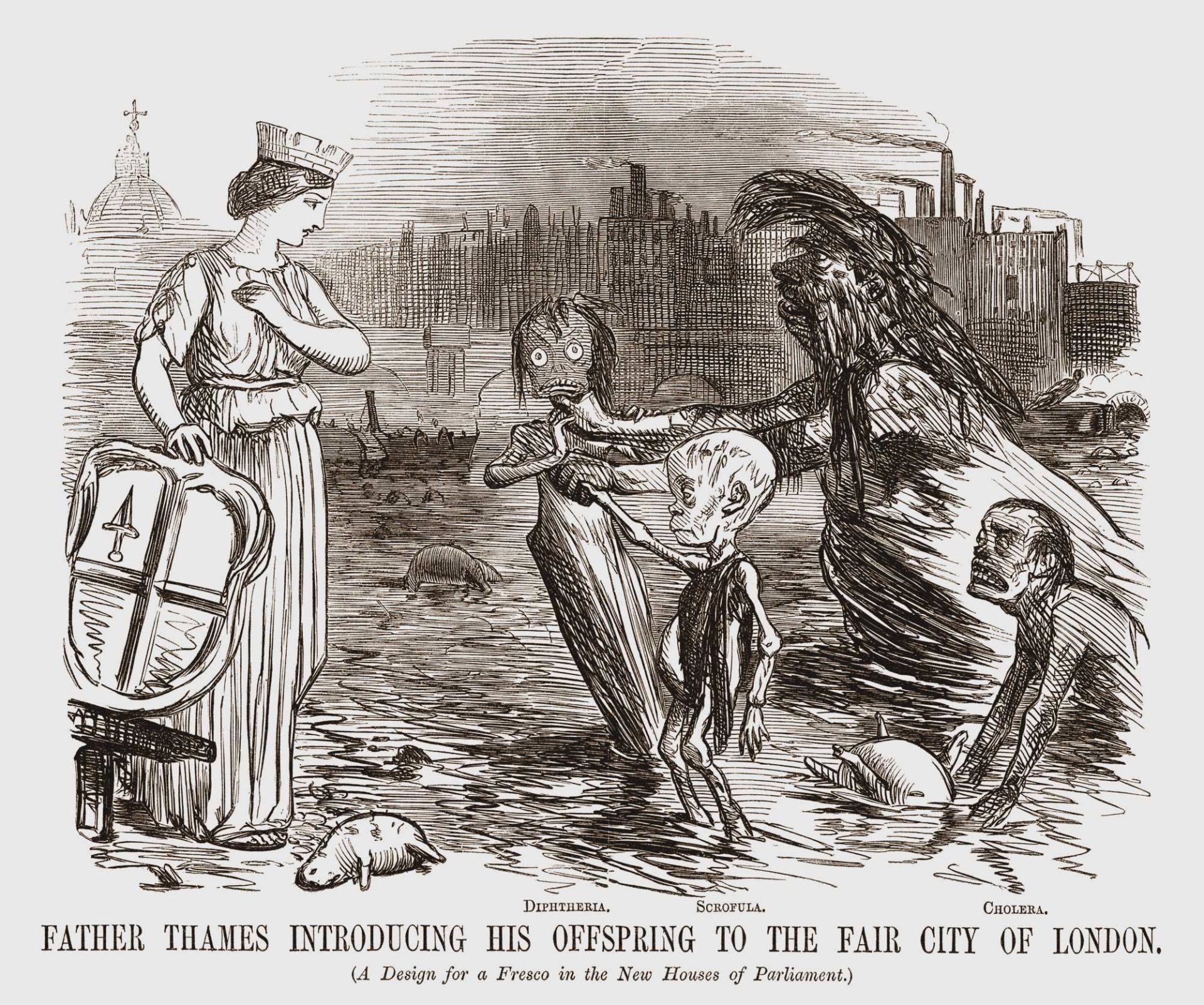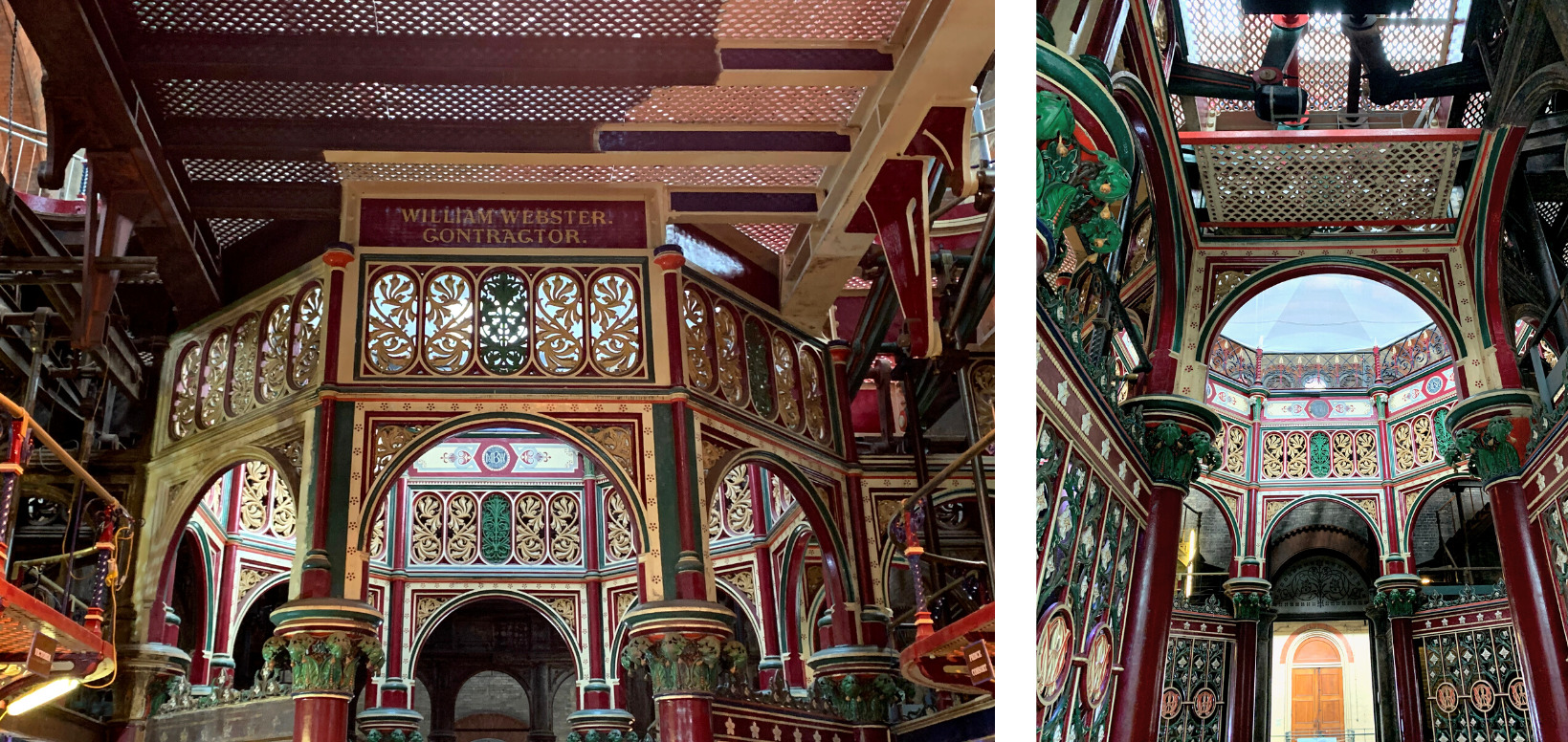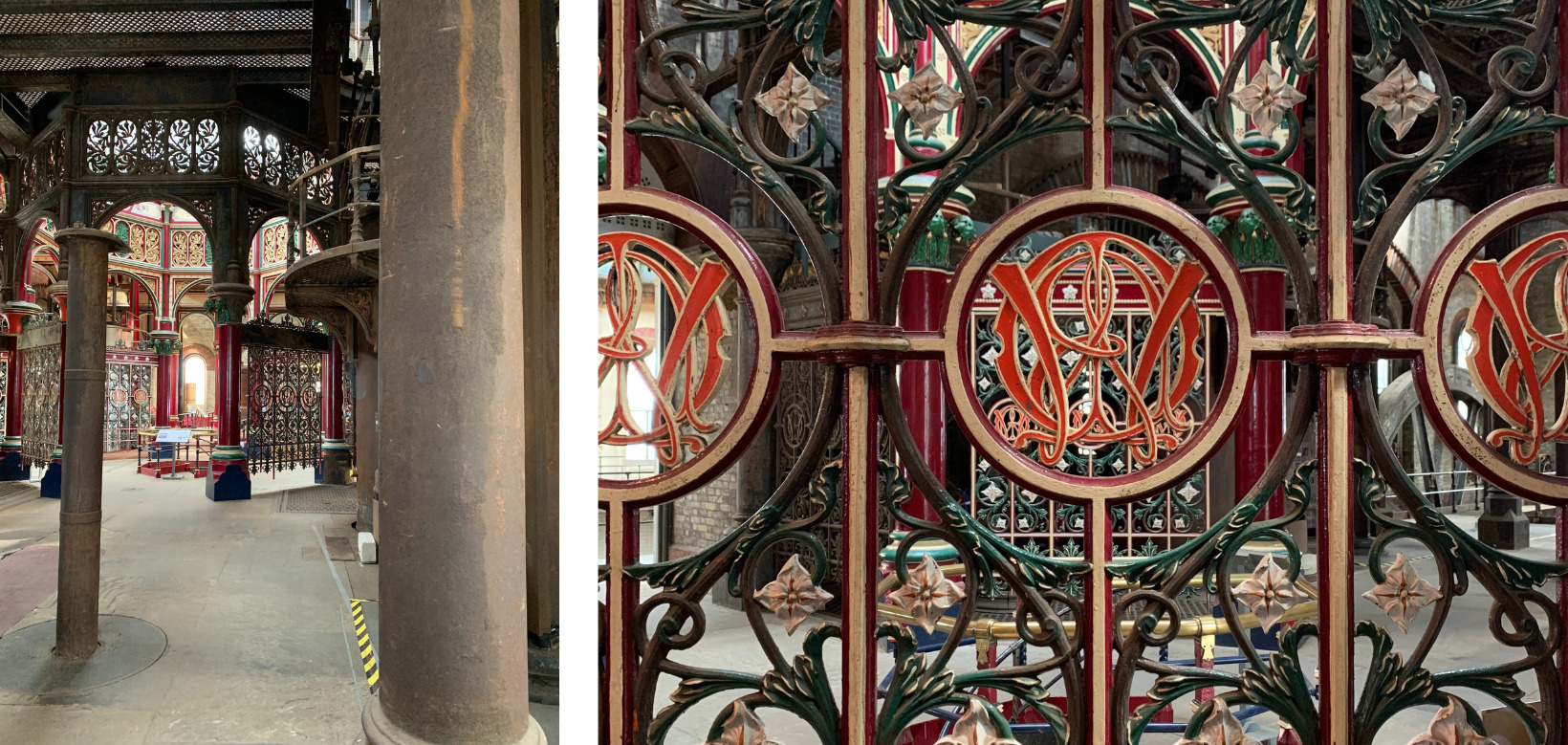Gastropod looks at food through the lens of science and history.
Co-hosts Cynthia Graber and Nicola Twilley serve up a brand new episode every two weeks.
Co-hosts Cynthia Graber and Nicola Twilley serve up a brand new episode every two weeks.
Journalist Lina Zeldovich is the author of The Other Dark Matter: The Science and Business of Turning Waste into Wealth and Health.
Bryn Nelson is a journalist and editor focusing on science, environmental, and medical topics, as well as the author of Flush: The Remarkable Science of an Unlikely Treasure.

A political cartoon from Punch Magazine, published in 1858 during the "Great Stink of London," after warm weather created such a foul smell from the sewage-choked River Thames that it closed the Houses of Parliament for several weeks. (Image credit: The British Library)
Patrick McNamara is an environmental engineer and associate professor at Marquette University in Milwaukee, Wisconsin. Among other topic, his work examines micropollutants and contaminants in drinking water and biosolids.


The interior of Abbey Mills Pumping Station in southeast London, also known as the "Cathedral of Sewage." The station was built in response to the city's "Great Stink." While its engines were decommissioned in the 1950s, the interior was recently restored by volunteers and is now open as a museum. (Photos by Nicola Twilley)
Environmental engineer Nancy Love is a professor at the University of Michigan, where she is a co-investigator in the Environmental Biotechnology Lab and runs the Nutrient-Energy-Water Cycles Group.
Kim Nace co-founded and served as director of the Rich Earth Institute, a Vermont-based organization researching the recycling of urine into fertilizer. She is now CEO of Brightwater Tools, a spinoff of Rich Earth that sells urine recycling systems.
Special thanks to Mikala Minn, volunteer coordinator and outreach specialist at Mahele Farm in Hawai'i, for allowing us to stop by and visit their composting toilet!
This episode of Gastropod was supported in part by a generous grant from the Alfred P. Sloan Foundation for the Public Understanding of Science, Technology, and Economics. Check out the other books, movies, shows, podcasts, and more that they support here.
This episode of Gastropod was supported in part by the Burroughs Wellcome Fund for our coverage of biomedical research. Their support also enables us to share the special supporters-only newsletter that accompanies this episode with a wider audience.
Wondering how you can put your waste to work? There's some good shit out there to help! The Rich Earth Institute has lots of resources on how to fertilize with urine, as well as many different urine collection tools. If you're looking to invest in a new bathroom setup, the Laufen save! toilet offers an option for urine separation, while Sun-Mar makes the composting toilets we tried out for ourselves in Hawai'i. The organization Greywater Action also has information on the different composting toilet regulations you might find state-to-state in the US.
Click here for a transcript of the show. Please note that the transcript is provided as a courtesy and may contain errors.